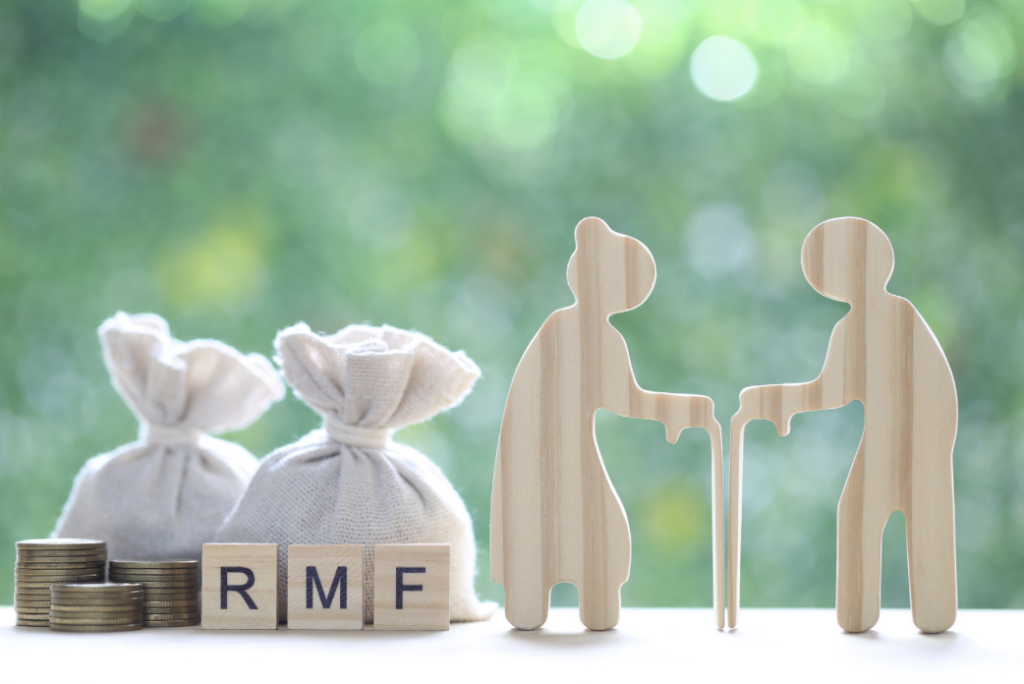Germany offers a strong pension system, and for expats, understanding the Betriebliche Altersversorgung (bAV) or company pension scheme is crucial. In this article, we will explain how Germany’s company pension scheme (bAV) works, its benefits, and how expats can optimize it for their retirement.
What Is germany’s company pension scheme (bAV)?
Germany’s company pension scheme (bAV), or the Betriebliche Altersversorgung, is a retirement savings plan that employers in Germany offer to their employees. It serves as a supplementary pension, helping individuals build additional financial security on top of the state pension. Regulated by German pension laws, bAV ensures that employees have extra savings for their retirement, making it a valuable benefit for long-term financial stability.
How bAV Works: Key Components
Germany’s company pension scheme (bAV) is designed to help employees save for retirement while benefiting from employer support and government incentives. Here’s how it works:
- Employer contributions. Many companies choose to contribute to their employees’ bAV plans as an additional benefit. Some employers fully fund the pension, while others match employee contributions or provide a fixed percentage. This employer support makes bAV a valuable perk that enhances long-term financial security.

- Employee contributions. Employees also have the option to contribute a portion of their salary to their bAV. What makes this particularly attractive is that these contributions are often tax-free and reduce taxable income, meaning employees can save for retirement while paying less in taxes today.
- Government incentives. The German government encourages participation in bAV by offering tax and social security relief on contributions. This means that by choosing a bAV, employees not only prepare for a comfortable retirement but also enjoy immediate financial benefits, such as lower taxes and reduced social security deductions.
How Does Deferred Compensation Work?
With a deferred compensation plan, you can choose to set aside part of your salary and have it directed into a Germany’s company pension scheme – bAV instead of receiving it as immediate income. Essentially, this means your employer withholds a portion of your earnings and allocates it to your pension savings.
By law, employers must allow employees to contribute up to 8% of their gross salary to a bAV, with a yearly cap of €7,728. The first 4% of your gross salary is deducted before taxes and social security contributions, helping reduce your taxable income. You may also contribute an additional 4%, further lowering your tax burden and social security costs while increasing your retirement savings.
Types of Company Pension Schemes
There are five main types of Germany’s company pension scheme (bAV), each offering different benefits and structures. Here’s a simple breakdown:
Direktversicherung (direct insurance policy). This is one of the most common bAV options. Your employer takes out an insurance policy in your name, and contributions, either from you, your employer, or both, are paid into it. When you retire, you receive either a lump sum or regular pension payments.
Pensionskasse (pension fund). Managed by external providers, this is a collective pension fund where multiple employers contribute for their employees. It offers stable and regulated retirement savings with predefined benefits.
Pensionsfonds (pension fund with flexible investments). Unlike a traditional Pensionskasse, this option allows for more flexible and potentially higher-yield investments. It’s a good choice for those who want a chance at better returns, though it may involve some risk.
Unterstützungskasse (support fund). This is typically used for higher-income employees. It’s a special pension scheme where the employer sets up an independent fund to provide retirement benefits. Since it’s not subject to certain tax and contribution limits, it allows for larger pension payouts.
Direktzusage (direct employer commitment). With this option, the employer promises to pay the pension benefits directly when the employee retires. Instead of paying into an external fund, the company keeps the responsibility for future pension payments. This is often used in larger companies and may include additional guarantees or bonuses.

Why bAV Matters for Expats
As an expat in Germany, it’s important to have a solid plan for your retirement. Germany’s company pension scheme (bAV) offers additional financial security beyond the state pension, which may not be enough for a comfortable retirement. One of the key benefits is that your employer contributes to your pension savings, helping you build a stronger retirement fund. This support can make a big difference, especially since the bAV also comes with tax advantages that help reduce your taxable income. For expats, it’s a great way to save for the future while benefiting from employer support in a new country.
Eligibility & Enrollment Process
As an expat working in Germany under a labor contract, you’re eligible to join a bAV (company pension plan). The enrollment process is simple and involves a few key steps:
- Confirm bAV availability. Check with your employer to see if they offer a bAV. Most companies do, but it’s always best to ask.
- Choose your pension model. Once you know it’s available, you’ll select the pension scheme that suits you best. Your employer will help guide you through the different options, like Direktversicherung or Pensionskasse.
- Agree on contributions and sign the contract. After deciding how much to contribute (often a percentage of your salary), you’ll finalize the details and sign the contract.
Once you’re enrolled, you can start building your retirement savings with the added benefit of employer contributions! If you need an overview of your pension contributions, you can request pension information from the official website of the Federal Republic of Germany (Bundesportal) here.
Portability: What Happens When You Leave Germany?
If you’re an expat leaving Germany, you have a few options for your Germany’s company pension scheme (bAV) pension savings:
- Continue contributing from abroad. Depending on your provider, you might be able to keep contributing to your bAV even after moving abroad.
- Transfer to a different country. You can transfer your pension to a plan in another country, if the rules allow, so your savings continue to grow. For more details on the transfer process, you can check out our article on the German pension transfer process.
- Withdraw your savings. You may choose to withdraw the amount you’ve saved, though there are specific conditions and potential taxes or fees.

How to Optimize Your Pension Plan
To make the most of your pension plan, you should consider these strategies:
- Negotiate higher employer contributions. If possible, negotiate for higher contributions from your employer. Even a small increase can significantly boost your retirement savings.
- Combine bAV with private pension plans. Pair your bAV with private plans like Riester or Rürup pensions for added savings and tax benefits.
- Review your plan’s performance regularly. Check your plan’s performance at least once a year. This ensures it’s on track with your goals, and you can make adjustments if needed.

Alternative Retirement Savings for Expats
In addition to bAV, expats can explore other retirement options to secure their future:
- Private pension plans. Riester and Rürup pensions are government-supported savings plans offering tax benefits. The Riester pension is ideal for those with children or paying into German social security, while the Rürup pension is perfect for self-employed individuals.
- International pension schemes. For expats who move between countries, international pension schemes are a great option. They allow you to manage your retirement savings across borders and ensure continuous growth, no matter where you live.
Legal Considerations & Recent Reforms
The German government is actively working to make pension laws more accessible and transparent, especially when it comes to the bAV. Recent reforms have aimed at simplifying the process and ensuring that employees, including expats, can take full advantage of their retirement savings options.
These changes help clarify contribution limits, improve employer involvement, and offer greater flexibility in choosing pension plans. To stay informed about the latest changes and how they may affect you, check out our article on the latest pension reforms and legal considerations in Germany.
All in all, Germany’s company pension scheme (bAV) is an excellent way for expats to secure their retirement, offering additional savings beyond the state pension, with employer contributions and tax benefits. By understanding the different pension models, exploring private plans, and staying informed about legal reforms, you can build a strong, flexible retirement plan. Remember to regularly review your progress and seek professional advice to ensure you’re making the most of your savings for a secure future. If you need personalized assistance from our pension experts, you can arrange a free consultation with us here. We also have a live chat feature available on every page! If you have any questions, just click to start a conversation, and our team will be happy to assist you shortly!
What our clients say about our services






Secure your future abroad with tailored insurance & pension plans
Get expert advice on the best solutions for expats – personalized to fit your unique needs. Start planning today!














